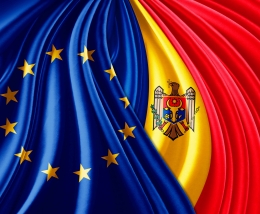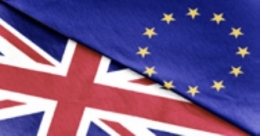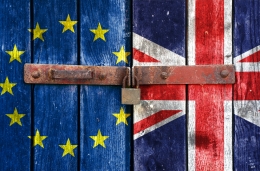European Economic
and Social Committee
Europe
In Europe, the EESC maintains relations with social partners and civil society organisations (CSOs) in the Western Balkans, in the Eastern Neighbourhood, in the EEA EFTA states Iceland, Liechtenstein and Norway, and in the United Kingdom.
The Western Balkans Follow-up Committee – a permanent internal body of the EESC – is the main instrument for coordinating the EESC's activities in this region. The Western Balkans Civil Society Forum, held every two years, is part of the Follow-up Committee's work.
The EESC also works bilaterally with the countries in the Western Balkans that have started accession negotiations and with Türkiye, through specialised bodies created on the basis of association agreements between these countries and the EU: the goal of these Joint Consultative Committees is to involve social partners and CSOs in the monitoring of pre-accession and reform processes towards possible EU membership. Each body is made up of an equal number of members from the EESC and the partner country and usually meets once or twice a year.
The EESC has also set up an Eastern Neighbourhood Follow-up Committee, an internal body responsible for enhancing relations with civil society in the countries in the region, i.e. Armenia, Azerbaijan, Belarus, Georgia, Moldova and Ukraine.
The main cooperation mechanisms with Armenia, Georgia, Moldova and Ukraine are the Civil Society Platforms, which allow civil society organisations from both the EU and the partner country to monitor the implementation of the EU agreements with these countries and draft recommendations to the relevant authorities. Moreover, Ukraine and Moldova became candidate countries in 2022.
With regard to Belarus and Russia, relations are being developed with those civil society organisations that are still operating freely, most of them based on EU territory. The EESC considers it important to keep dialogue alive, while waiting for better conditions in the future.
The European Economic Area (EEA) brings together the EU Member States and the three EEA EFTA states (Iceland, Liechtenstein and Norway) in an internal market where goods, services, capital and persons can move freely. The EESC is part of the European Economic Area Consultative Committee, where questions of common interest are discussed with representatives of social partners from the EEA EFTA states.
Finally, the EESC has an EU-UK Follow-up Committee responsible for monitoring the relationship between the EU and the United Kingdom of Great Britain and Northern Ireland from a civil society angle. Its work particularly focuses on the implementation of the EU-UK Withdrawal Agreement and the Protocol on Ireland and Northern Ireland, on which it has an ongoing conversation with civil society organisations from the UK, as well as the implementation of the EU-UK Trade and Cooperation Agreement (TCA), on which the EU-UK Follow-up Committee cooperates with the EU Domestic Advisory Group under the EU-UK TCA.





